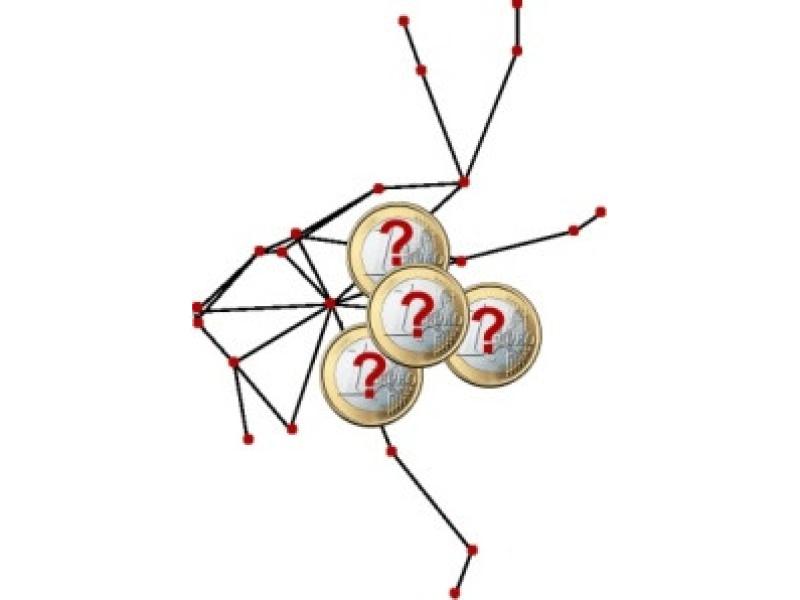The cost sharing problem is a kind of game, in which the costs of an common infrastructure among different members of an organization or a cooperation is partitioned. The requirements of such cost allocation are efficiency, equity, and incentives. Cooperation can reduce the expenses, but cooperation can only occur if all parties can agree, how much everyone must pay. The question of the project cost sharing is, how the common costs of a cooperation are allocated fairly to the members?
The cooperative game theory offers the suitable tools for the investigation of this question. We consider several concepts from the cooperative game theory, for example, the core, the kernel, the nucleolus or the Shapley value.
Example
The cost sharing problem is widespread, as well in the public sectors as within private enterprises. Manufactoring companies distribute overhead costs among different departments and products. Aviation authorities set landing fees for airplanes based on their size. Railway infrastructure operators determine using fees of routes. Public transport companies specify ticket prices. The cost sharing problem occurs also in voluntary form of cooperation, for example, if one wants to reduce the cost in transport or the building and operating cost of water, gas, or telecommunication networks.
Goals
Despite its great importance there is so far no work on large scale cost sharing problems from practice. The goals of this project are on the one hand to design suitable cost allocation methods, on the other hand to compute the cost of each member exactly.
Publications
R. Borndörfer and N. D. Hoàng: Determining Fair Ticket Prices in Public Transport by Solving a Cost Allocation Problem, Modeling, Simulation and Optimization of Complex Processes, pp. 53-64, Springer, 2012.
N. D. Hoàng: Algorithmic Cost Allocation Games: Theory and Applications, Operations Research Proceedings 2011, pp. 599-604, Springer, 2012.
R. Borndörfer and N. D. Hoang: Fair Ticket Prices in Public Transport, to appear in Annals of Operations Research, 2014.
